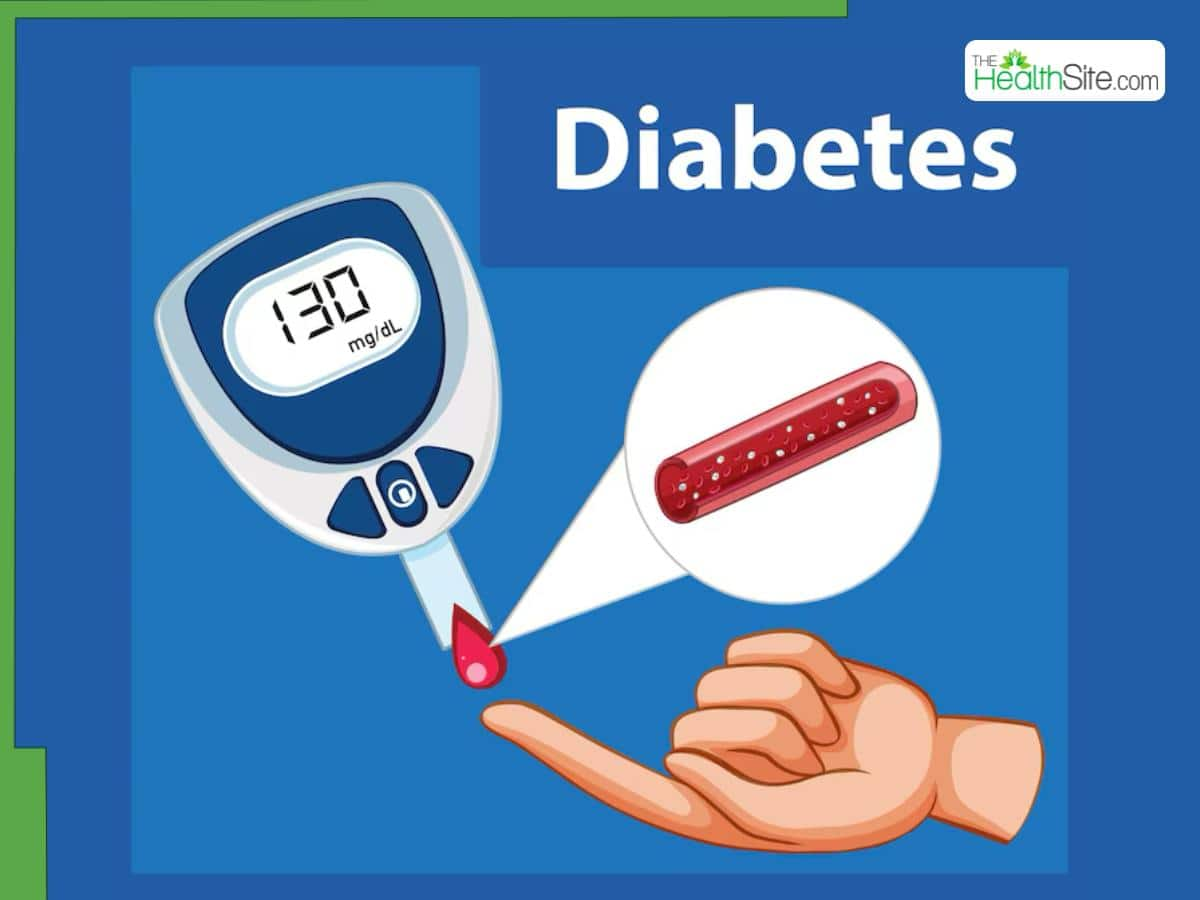Written by Kinkini Gupta | Updated : January 3, 2025 4:35 PM IST Does drinking water have any impact on blood glucose levels? This is not a very uncommon speculation however, in order to ensure good health of especially diabetes patients you must know the specific impacts of water on health. Researchers say that water does have an impact on blood sugar regulation. Adequate hydration every day can not only regulate blood glucose levels but also help boost metabolism, induce weight loss, regulate blood pressure and boost kidney function. A few glasses of water can both regulate blood sugar from high blood sugar to normal and from low blood sugar to normal. There is a clear scientific explanation behind drinking water and blood glucose levels. Read on to know more about this. Dehydration can harm your overall health in ways you cannot comprehend. From causing muscles cramps , unhealthy weight loss to immunity loss, dehydration can ruin your health. But, did you know that dehydration can also lead to blood glucose imbalance? Experts say that yes it can. When your body is denied of adequate water, the glucose levels get more concentrated. Water is beneficial to dilute concentrated glucose levels but when there is not enough of it, the concentrated glucose levels can show up in increased quantities in the glucose monitor. Staying adequately hydrated can also help your other organs like the kidneys. When glucose levels in the body are high, your kidneys also work overtime to flush the toxins out. Therefore, water can also help reduce the workload of your kidneys at the same time keeping your overall health intact. The effects of inadequate water can be less visible for ordinary people but it may be different for people suffering from diabetes. Yes, drinking too little water can also lead to a spike in blood glucose levels. Experts say that if you are not drinking enough water, you may also suffer from low high sugar problems. This happens because less water quantity can lead to low blood pressure which in turn releases stress hormones in the body. These stress hormones can cause a spike in blood glucose levels. More News Multiple studies have indicated that chronic dehydration may raise the risk of developing type 2 diabetes, though the evidence is not conclusive. If this link proves to be valid, increasing water intake could be a simple way to help prevent metabolic issues, such as the onset of type 2 diabetes. Don’t Miss Out on the Latest Updates. Subscribe to Our Newsletter Today! Enroll for our free updates Thank You for Subscribing Thanks for Updating Your Information None
Popular Tags:
Share This Post:


Why A 53-Yr-Old With Black Stools, Swollen Feet, Jaundice Wasn't Aware Of His Fatty Liver Situation
January 6, 2025What’s New
Spotlight
Today’s Hot
-
- January 5, 2025
-
- January 5, 2025
-
- January 5, 2025
Featured News
Latest From This Week
Fatty Liver Signs On Feet: 7 Indicators You Are Suffering From Last Stage Fatty Liver
DISEASES-CONDITIONS
- by Sarkai Info
- January 4, 2025
Healthy Heart Signs: 7 Proven Symptoms Your Heart Is Working Just Fine
DISEASES-CONDITIONS
- by Sarkai Info
- January 4, 2025
Why Follow-Up Care Is Important For Cancer Patients After Undergoing Successful Treatment
DISEASES-CONDITIONS
- by Sarkai Info
- January 4, 2025
Subscribe To Our Newsletter
No spam, notifications only about new products, updates.




























